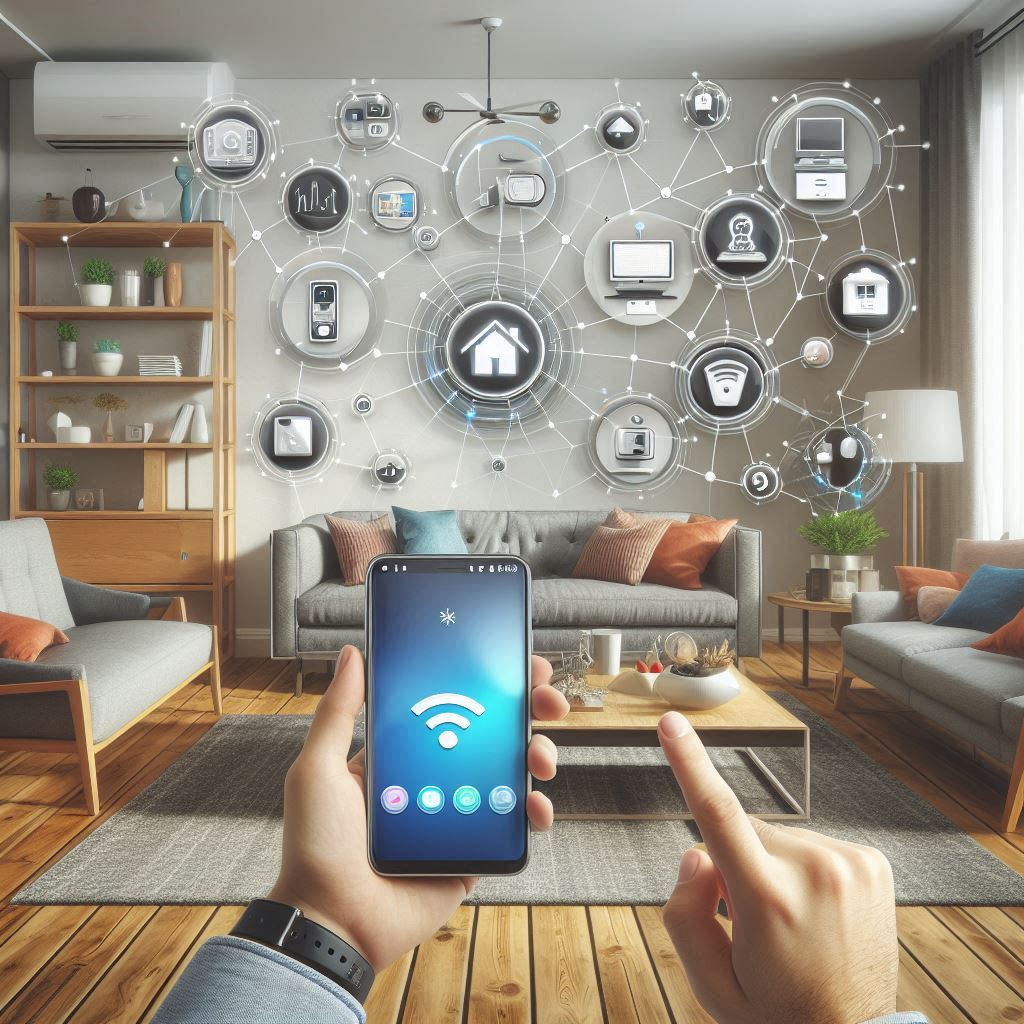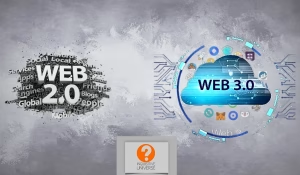Hello guys, let’s talk about Web 3.0 and how it promises to fundamentally change the Internet as we know it. To understand Web 3.0, we’ll have to travel back in time to when the Internet was young (Web 1.0).
Web 1.0 was a huge library of static pages. It was a place where you only went to consume information, not interact with it. Web 2.0, which we currently use, is where the internet turned into a busy two-way street, that enabled everyone to contribute, share, and connect with one another. But this Internet is majorly controlled by a few giant corporations, think Alphabet (Google) and Meta.
Just like Web 1.0, Web 2.0 is on the way out. Web 3.0 on the other hand, is here and it is going to change the Internet as we know it. In this Internet generation, the Internet as we know it is going to be decentralized. What this means is that our data is not going to be locked away in any giant corporation’s sever. Instead, it will be spread out across a more secure and interconnected web.
Decentralizing The Web
The main focus is Web 3.0 is the decentralization of the Internet. This entails the removal of absolute power from the hand of the big tech corporations and sharing that power amongst billions of internet users.
In a decentralized internet, the data monopolies that are being held currently by tech giants would be broken. This should (in theory) give users full control over their personal information, granting them the right to manage, share, and even delete such data as they like.
In Web 2.0, we access the Internet using platforms that are owned by huge corporations. These corporations hold all the access and rights to our data and do whatever they like with it. This is what Web 3.0 hopes to change. It is about removing that landlord-tenant agreement that currently exists between Internet corporations and us the users. In Web 3.0, we’ll have an internet that is not only a platform for communication and commerce but also a space that is democratic, against censorship, and conducive to innovation.
This is a move that should redefine our relationship with technology, putting power back into the hands of the internet user, and turning the internet into a space that is truly of the people, by the people, and for the people.
Freedom and Trust: The Blockchain Paradigm
This is where Blockchain comes in. Blockchain looks to bring in an era of digital interaction where trust and freedom are built into the system. This would be in stark contrast to the current system which claims to offer a lot of freedom but does the opposite.
Instead of the current system of using the platforms of Internet giants, the Blockchain will be used as the foundation for Web 3.0. It will keep online records that are transparent and unchangeable, so that every agreement, exchange and transaction are made plain for all to see.
In this new internet, we will no longer have to rely on Internet giants to moderate or control the net based on their own subjective policies. The Blockchain will stand as a fair and impartial referee and will keep records that can easily retrieved by all.
This aspect of the Blockchain on Web 3.0 promises to be revolutionary because it will grant individuals the freedom to engage in financial transactions, create content, and build communities without seeking for approval from a central authority.
Building a new internet on the freedom and trust guaranteed by the Blockchain signals a future where Internet interactions are as reliable as those done physically. Trust and freedom should be something that everyone should experience freely, not a commodity for internet giants to put a price on as they do with everything.

Artificial Learning & Machine Learning: Building a Smarter Web
Think of an internet that learns, grows its knowledge base and updates itself to meet up with new information. This is also another aspect of Web 3.0. Think of it as your own personal online assistant that is truly smart and learns.
We already have these now but they’re controlled by big tech and other internet giants. Some of them like Rabbit R1 are even complete scams. In Web 3, this would become common place. Imagine an internet that:
- streamlines work,
- optimizes schedules, and
- automates tasks,
freeing you to focus on what’s important.
This is internet that you interact with on a personal level that is truly built and meant for users.
You may also be interested in:
- How NPUs Make Your Smartphone Smarter and Faster
- NPUs and Smartphone Cameras: The Power of Computer Vision
- How NPUs Enable On-Device Machine Learning
- What is an NPU?
Connectivity: The Internet Everywhere
Today’s Internet is confined to a virtual and none physical space that we can only interact with using computers. The Internet of the future however is going to leave the virtual space and enter into the physical world. We’re already seeing this happen with smart home devices, robot pets and electric cars that are internet enabled.
Now unlike Web 1 and Web 2 that were primarily built with PCs in mind, this new web will have smartphones serve as the primary access point. Your smartphone will connect to the web and control our smart devices, vehicles and so much more. Our cities will also become smarter, helping us to move around with ease.
In the future of the future, your smartphone will occupy a much more prominent place. It will go beyond just communication, information and entertainment functions. It will help you bring the Internet from the virtual into the physical world.
Conclusion: The Web 3.0 Revolution and Its Impact
So if you didn’t know about the Internet of the future, well here it is. A free Internet built on the Blockchain that offers trust and freedom whilst giving us full control over our data. It also promises to wrest control from the big tech and hand it back to us, the users. Finally it will help make the web not just smarter but will bring it from the virtual space into the physical world.
The journey of Web 3 has only just started and it promises to be a wild ride into a new future. However, can it meet up with these very high promises? Who is going to help set up all these? How will they go about it? For more information, bookmark this site and keep a date.
Please leave a comment if you found this helpful and remember to:
- Subscribe to our YouTube channel
- Follow on Facebook
- Follow on WhatsApp
- Join our Telegram community
- Participate on Reddit
- Find us on Quora




